Before things get too serious here at Rock On Vinyl, I thought it might be fun to post a song / album at the end of each month, that could be categorized as being either Weird, Obscure, Crazy or just plain Korny.
.
Supposedly Robert Plant's favorite version of Stairway To Heaven and done with Gilligan Island Lyrics.....
Little Roger and the Goosebumps was a pop/rock band from San Francisco active during the 1970s and early 1980s and resurrected in 2006. It has been led throughout its history by Roger Clark and Dick Bright, with various sidemen.
The band is best known for its single "Gilligan's Island (Stairway)", a song combining the lyrics to the theme song of the television show Gilligan's Island with the music of "Stairway to Heaven" by Led Zeppelin. The band wrote the song in 1977 as "material to pad the last set of the grueling 5 nights a week/4 sets a night routine," recorded it in March 1978, and released it as a single in May 1978 on their own Splash Records label. Within five weeks, Led Zeppelin's lawyers threatened to sue them and demanded that any remaining copies of the recording be destroyed. The song was reissued in 2000 on the CD Laguna Tunes with the song title renamed "Stairway to Gilligan's Island."
During a 2005 interview on National Public Radio, Robert Plant referred to the tune as his favorite cover of "Stairway to Heaven."
.
For background information on my favourite T.V Sitcom 'Gilligan's Island' see my previous posts:
The Ballad Of Gilligan's Island - A Parody
and
The Mosquitoes - Gilligan's Island
But for a first hand account on some of those perplexing questions that always crop up when discussing the show, this is what castaway Russell Johnson (alias 'The Professor') says in his book:
HERE ON GILLIGAN'S ISLE..
Sometimes I've wondered if people take Gilligan's Island too seriously. It amazes me how even today, people assume it's hip to pose this bright revelation by asking, "Why would the Howell's bring all that money along on a three-hour tour?" Man, it doesn't take any gray matter to figure that out!
You don't know how many stand up comics owe money to Gilligan for writing their material for them. Our show has been fodder for their routines for years. They pose all kinds of riddles,"How come the Professor could build a nuclear reactor, but he couldn't build a boat to get them off the island?" (And I never built a nuclear reactor.)
Of course, our show was inconsistent and incongruous. Of course there are unanswered questions. At first, we asked the same questions, and then we just accepted it all and stopped wondering. Jim Backus explained it perfectly for a reporter a few years ago:"The question we always get is, "Where did [the Castaways] get all those clothes?" I always say, 'They had a very large suitcase.' What's funny is that they never think that's a phony answer. They wink; they're in on the joke. After all these years, they are still in on the joke."
My answer: "It's in the script."
.
.
 In fact, it's in the theme song. Do you realize the lyrics lie to you? Think about it: "The mate was a mighty sailing man"? C'mon now.
In fact, it's in the theme song. Do you realize the lyrics lie to you? Think about it: "The mate was a mighty sailing man"? C'mon now."If not for the courage of the fearless crew, the Minnow would be lost..." Would be lost? We were lost.
And it wasn't a desert isle. It was a jungle island.
So your imagination gets a workout—or your gullibility, depending on how you look at it. Sure Mr. Howell brought along his stock certificates for the Tahatcha-Pookoo Oil and Mining company. Sure Mr. Howell packed an Indian chief's headdress in his trunks of clothing. Once you get past the insanity of it all, it's not so bad.
One question that is often posed to me involves the Professor's total lack of sexual interest. Was he asexual? He didn't even know how to kiss a woman affectionately.The answer is that Sherwood Schwartz did not want to get into the sexual natures of the characters too deeply, outside of the obvious, like the Howells' devotion to each other and Ginger's lusty one-liners. Keep in mind, the consensus from the cast in the beginning was that we were targeting this show toward children. The fact that adults came along was a surprise to all of us. As time went by, it became mor
 e sophisticated, if you'll allow me that. We could see how the scripts would grab some adults. [ Transcript by Russell Johnson, 'Here On Gilligan's Island', HarperPerenial 1992, p183-4 ]
e sophisticated, if you'll allow me that. We could see how the scripts would grab some adults. [ Transcript by Russell Johnson, 'Here On Gilligan's Island', HarperPerenial 1992, p183-4 ].
So, once again, my regular monthly WOCK on Vinyl post is dedicated to yet another 'Parody' based on my favourite T.V sitcom from the 60's - 'Gilligan's Island'. The C is definitely for Crazy Castaways, while the K is reserved for the Korny idea of mixing a Led Zeppelin tune with the lyrics from the Gilligan Island's theme, and then releasing it on the SPLASH label.
.
Stairway To Gilligan's Island Link (10Mb)
.


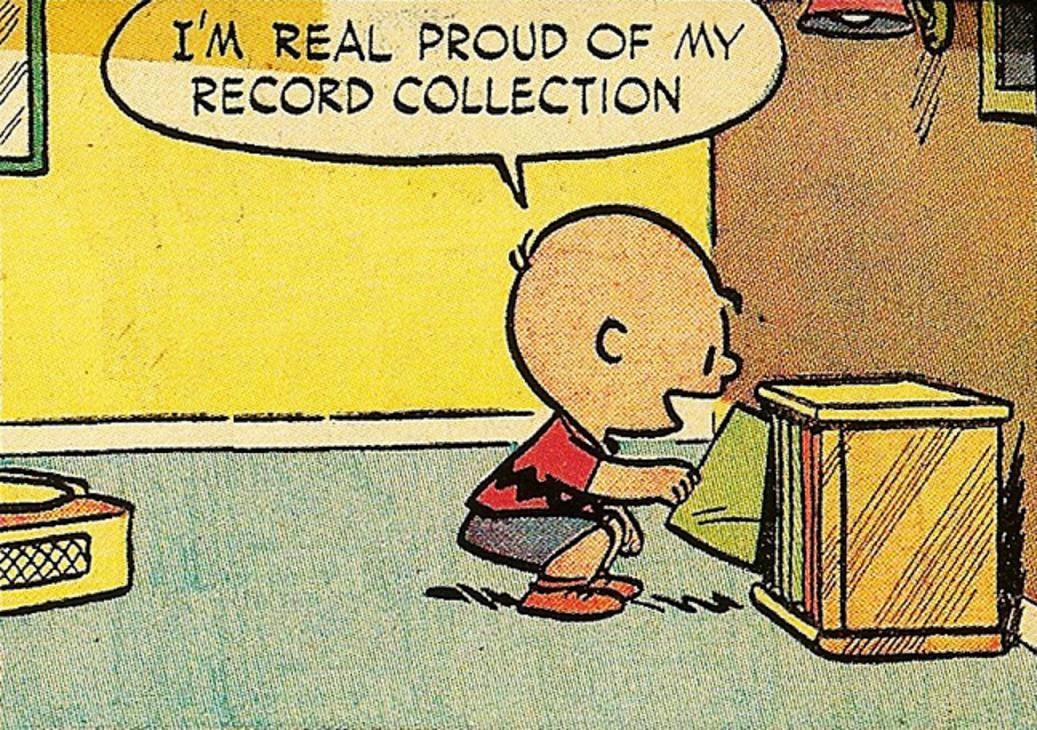

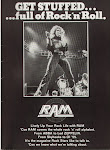
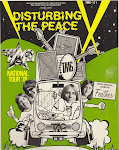
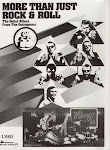
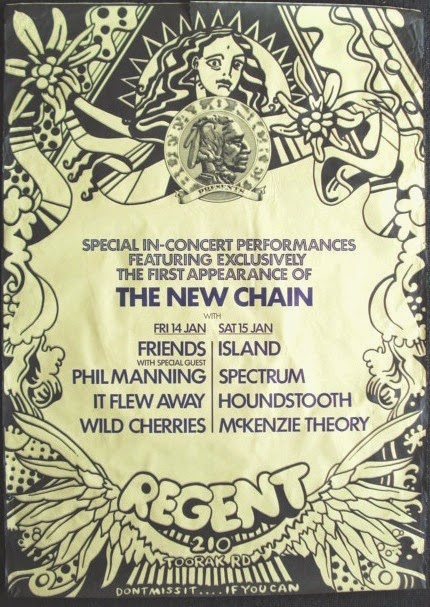
















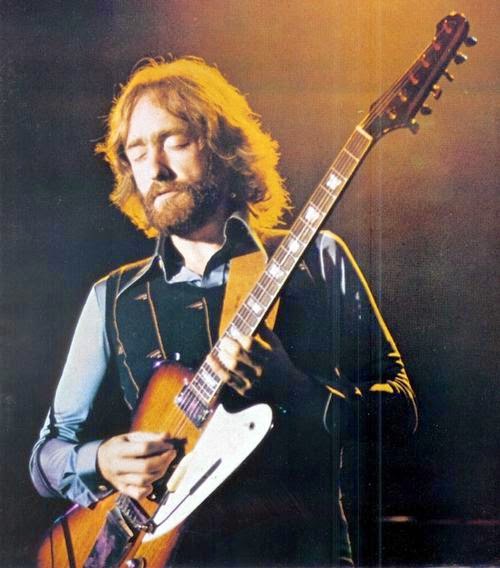



















.jpg)



